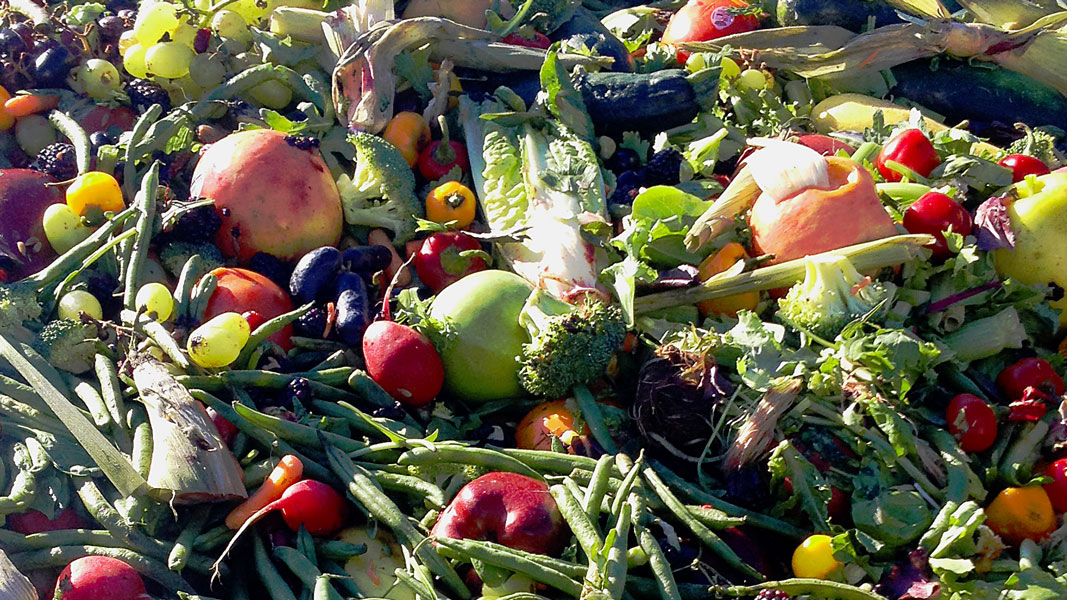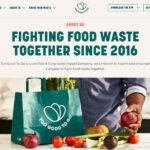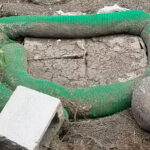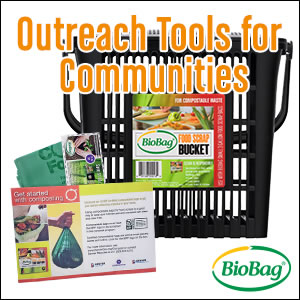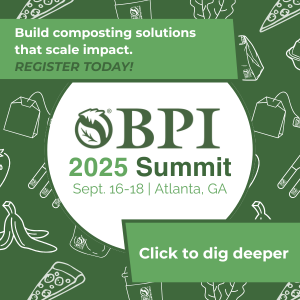Top: Photo courtesy Jorge Montezuma
The Durham Food Waste Infrastructure Assessment evaluated existing food waste management activities and proposed next steps to enhance social action and economic development in the City of Durham, North Carolina. The assessment, developed by Jorge Montezuma from Wanu Organics and funded by Napoleon Wallace from ResilNC, estimates that approximately 66,000 tons/year of food waste are generated in Durham. The current city disposal contract is set for $52.12/ton of municipal solid waste (MSW), which includes food waste. If all the estimated tons of food waste generated go to the landfill, this is $3.4 million that the city, county, residents, and businesses are paying collectively to dispose this resource.
The assessment found that Durham has a diverse range of food waste management activities, including food rescue, composting, and waste prevention. Notable programs include the City of Durham’s residential food waste collection pilot, Interfaith Food Shuttle’s food rescue operations, and CompostNow’s private residential curbside collection service. The assessment revealed strong community interest and existing collaboration between organizations, but highlighted challenges such as transportation costs, lack of funding, and insufficient infrastructure. There is significant potential for growth through expanding food rescue programs, increasing public education, and developing regional composting capacity.
Sixteen next steps are included in the assessment, summarized here:
- Improve Communication: Establish a structured formal network to share resources, eliminate duplicative services, and enhance collaboration among stakeholders.
- Food Waste Reduction: Launch public awareness campaigns on food waste prevention and composting, leveraging partnerships with local governments and nonprofits.
- Enhance Food Rescue Efforts: Share food rescue equipment among organizations and provide more food safety education to improve the handling and distribution of rescued food.
- Increase Upcycling in Commercial Kitchens: Encourage more kitchens and businesses to turn excess perishable foods and food waste into shelf-stable products to drive economic activity and create jobs. Collaborate with agricultural producers to turn Grade 2 produce into new products.
- Food Waste Collection and Regional Infrastructure: Scale up the City’s residential food waste collection pilot and explore commercial food waste collection, following successful models from neighboring regions. Collaborate regionally to identify and develop shared composting infrastructure, which could reduce transportation costs and increase processing capacity.
The full report can be found through this link. To learn more, email jorge@wanuorganics.com or napoleon@reviville.com.


